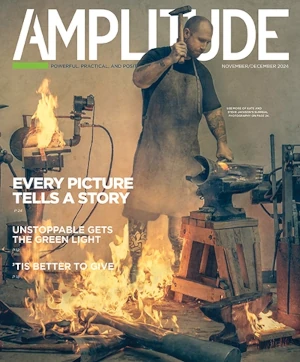Physicians often blame patient demands for contributing to high medical costs. A new study involving more than 5,000 patient-clinician visits indicates, however, that cancer patients rarely push for unnecessary tests and treatments from their healthcare providers.
The study, conducted by Ezekiel Emanuel, MD, PhD, and colleagues in the Abramson Cancer Center and the Perelman School of Medicine at the University of Pennsylvania (Penn), and published in the inaugural issue of JAMA Oncology, examined a total of 5,050 patient-clinician encounters and found that 440 (8.7 percent) of those included a patient demand or request for a medical intervention. Clinicians complied with 365 of the demands they deemed clinically appropriate. However, of the 50 demands requesting clinically inappropriate tests or treatments, clinicians only complied with seven (0.14 percent of the 5,050 encounters).
About half of the requests (49.1 percent) were for imaging studies, 13.6 percent were for laboratory tests such as tumor markers, and 5.2 percent were for genetic tests or chemosensitivity tests. Additionally, 15.5 percent of patient demands or requests were for palliative care interventions, such as pain medications and sleeping aids; just 3.6 percent were for chemotherapy; and less than 1 percent were for expensive proton beam therapy.
“We decided to look specifically at cancer patients’ demands because oncology is a setting where there are life-and-death stakes for patients, and the drugs and tests can get very expensive,” said senior author Emanuel, chair of the department of Medical Ethics and Health Policy at Penn. “However, we found, contrary to expectations, that patient demands are low and cannot be a key driver of increasing healthcare costs.”
This article was adapted from information provided by the Perelman School of Medicine.



